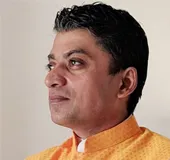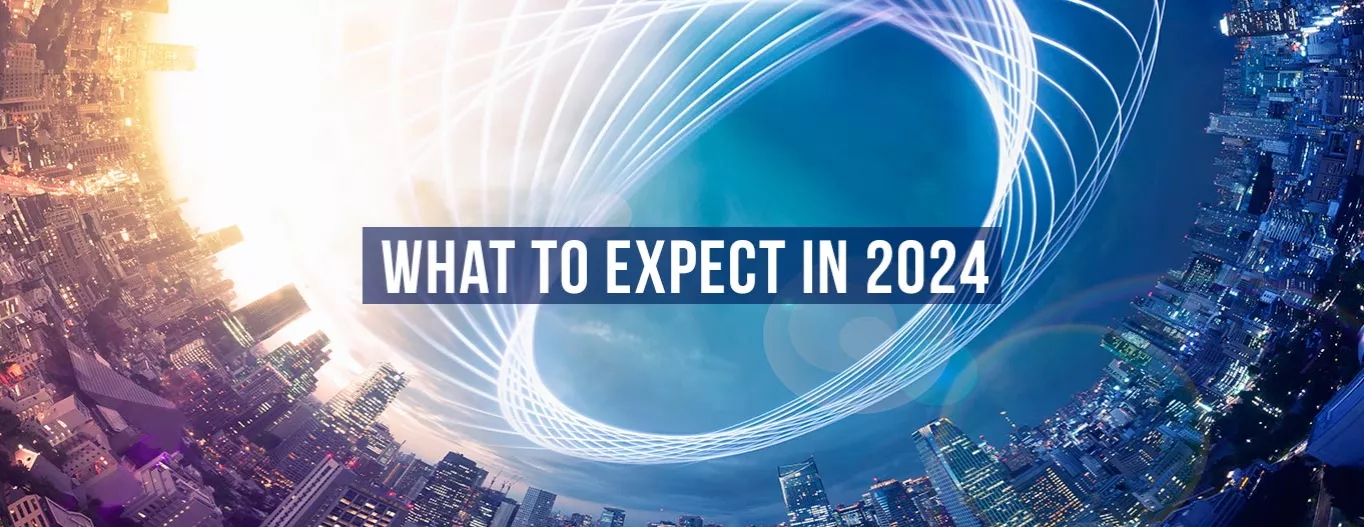
This essay is part of the “What to expect in 2024” series.
The media shapes our understanding of the world, whose narratives influence our perspectives and agency. Colonialists understood this well. To justify their enterprise, they perpetuated the notion of Western superiority, mediated through literature, culture, politics, and language. Their progressive and rational self-projection, distinct from the ‘regressive and irrational’ natives, was critical in justifying colonialism’s civilising purpose and securing political control. The colonialists’ normative of seizing nations and narratives play out to this day as global media corporations use their reach and influence to perpetuate narratives to shape public opinion that aligns with their interests. Such insidious ‘colonisation’ of mass consciousness undermines democracy, marginalises non-conforming voices and deepens social divides.
Media-industrial complex
Media corporations, driven by profit, often engage in a symbiotic relationship with the state and big business, leveraging their influence to propagate narratives that serve their objectives. A striking example of this dynamic was seen during the first Gulf War when broadcaster NBC emerged as a key player reporting the conflict. NBC was owned by General Electric, which produced weapons that saw extensive use in the war. NBC correspondents faced criticism for their reporting style, which often extolled the effectiveness of these weapons. Their coverage, it is argued, not only influenced public opinion in favour of the war but also drove international sales of these military hardware, potentially fuelling further conflicts worldwide. Powerful state actors and vested commercial interests use their media influence to instigate and benefit from global distress and disorder. Transnational Institute, in its series ‘Border Wars’ reports that “some of the beneficiaries of border security contracts are some of the biggest arms sellers to the Middle-East and North Africa, fuelling the conflicts in the region that have led refugees to flee their homes […] the companies contributing to the refugee crisis are now profiting from the consequences.”
New media, new challenges
The rise of new media, especially social media, has intensified the potency of narrative battles. Social media corporations have emerged as dominant global forces, wielding extensive influence. Yet, the lack of transparency in their algorithms makes them a fertile ground for state actors who exploit their many layers of anonymity to further their agendas while avoiding accountability. This facilitates the amplification of singular perspectives with little check on authenticity or impact.
Further, their de-spatialised nature enables them to sidestep legalese in the geographies they operate. Cloaked under the guise of free speech and safe harbour protections, they have been accused of political interference, biased content moderation, algorithmic manipulation, promoting the cancel culture and data-privacy violations. The vast accumulated power of a handful of near similarly aligned social media giants risks forging a homogenised digital realm promoting unitary narratives. Little wonder that they have been implicated in influencing popular choices in ideologically non-conforming geographies.
While watchdogs such as FAIR, Media Bias Fact Check and rights groups such as Reporters Without Borders seek to counteract these narratives, their contestations often drown in the face of better-resourced media corporations backed by the might of the state.
Undermining of popular choice
Many nations have found themselves at the receiving end of disinformation and propaganda by global media giants, acting in concert with the state. These actions often form a part of a deliberate strategy to sway public opinion and influence decision-making processes. This was witnessed in the Western meddling in Sri Lanka's 2020 national elections, orchestrated through various international Eelam lobbies and amplified through global media outlets. Such interventions continue, as exemplified in the one-sided narratives against Bangladesh's ruling Awami League party in the lead-up to elections. These actions erode public trust in the political system and undermine the foundations of democratic engagement. It is particularly problematic as the nations targeted often lack the resources or capabilities to counter these sophisticated, multi-faceted campaigns. Such manipulation of public perception and the political narrative challenges sovereignty and runs counter to the principles of self-determination and independence.
Through the looking glass
As technologies get more disruptive, algorithms grow increasingly complex and ambitions for global dominance intensify, the situation will exacerbate. As algorithms improve at presenting content tailored to individual preferences, they will reinforce biases, leading to more polarised echo chambers and hardened opinions. Motivated actors will exploit this to further their agendas.
Generative Artificial Intelligence (AI) will deeply impact the democratic discourse. Its unparalleled capacity to selectively amplify, spread disinformation and infect narratives will make it the new frontier in the war of ideas, undermining trust in the political system. Well-resourced actors will leverage this to their advantage. The emergence of deep fakes and the compelling plea from India’s Prime Minister Narendra Modi, emphasising the need to regulate AI, situates in this backdrop. This landscape will lead to a heightened clash between facts and fabrications as discerning reality from fiction will become challenging. Governments will face hurdles in countering disruptive narratives in a public sphere that thrives on rumour, conspiracy, and sensation.
The increasing adoption of immersive virtual ecosystems like the metaverse and the profound transformations it will catalyse by blending the physical and digital realms will intensify challenges. The new landscape it creates, where traditional boundaries and regulations become irrelevant, will affect how we communicate and derive meaning. The particularities of the ecosystem, which proffers greater leeway to deploy immersive propaganda and persuasive simulated experiences, will enable motivated entities to exert greater control over perception-making. Misinformation could spread more rapidly and insidiously, privacy concerns become more complex, and the influence of digital narratives on real-world perceptions even more. Powerful disruptive agents will exploit it through tailored narratives.
Borrowing from the Western playbook, several emerging state actors are now orchestrating sophisticated multi-media campaigns to promote their particular brand of global governance in places as far apart as Europe and Africa. This trend will gain momentum. Broadcast and social media would be their principal means of narrative management with cascading political, economic, and social impacts. This becomes all the more concerning because their media corporations not only escape even the perfunctory scrutiny their Western counterparts face, but their data is often mined by their governments themselves, presenting a vastly more severe threat.
To counter disinformation and propaganda, nations will intensify their efforts through countermeasures instrumentalised through specialised agencies. Countries such as France and Sweden have already established units to combat fake news and foreign meddling. Yet, the challenge of balancing freedoms with vigilance could lead to approaches that might infringe upon freedoms, which will make their efforts very contested.
The colonialists' strategy of dominating narratives has evolved into a modern playbook, where state actors use global media to manipulate international opinion to further their interests. This ‘neo-colonialism’ of information challenges democracy, engenders conflicts and leads to polarising outcomes. The responsibility to counter this lies equally with governments and citizenry. Where the pen and the pixel are mightier than the sword—it's time they are wielded not just with skill but with a conscience. Else, the consequences, it must be remembered, are for all to bear.
Jaibal Naduvath is Vice President and Senior Fellow of the Observer Research Foundation
The views expressed above belong to the author(s). ORF research and analyses now available on Telegram! Click here to access our curated content — blogs, longforms and interviews.




 PREV
PREV



